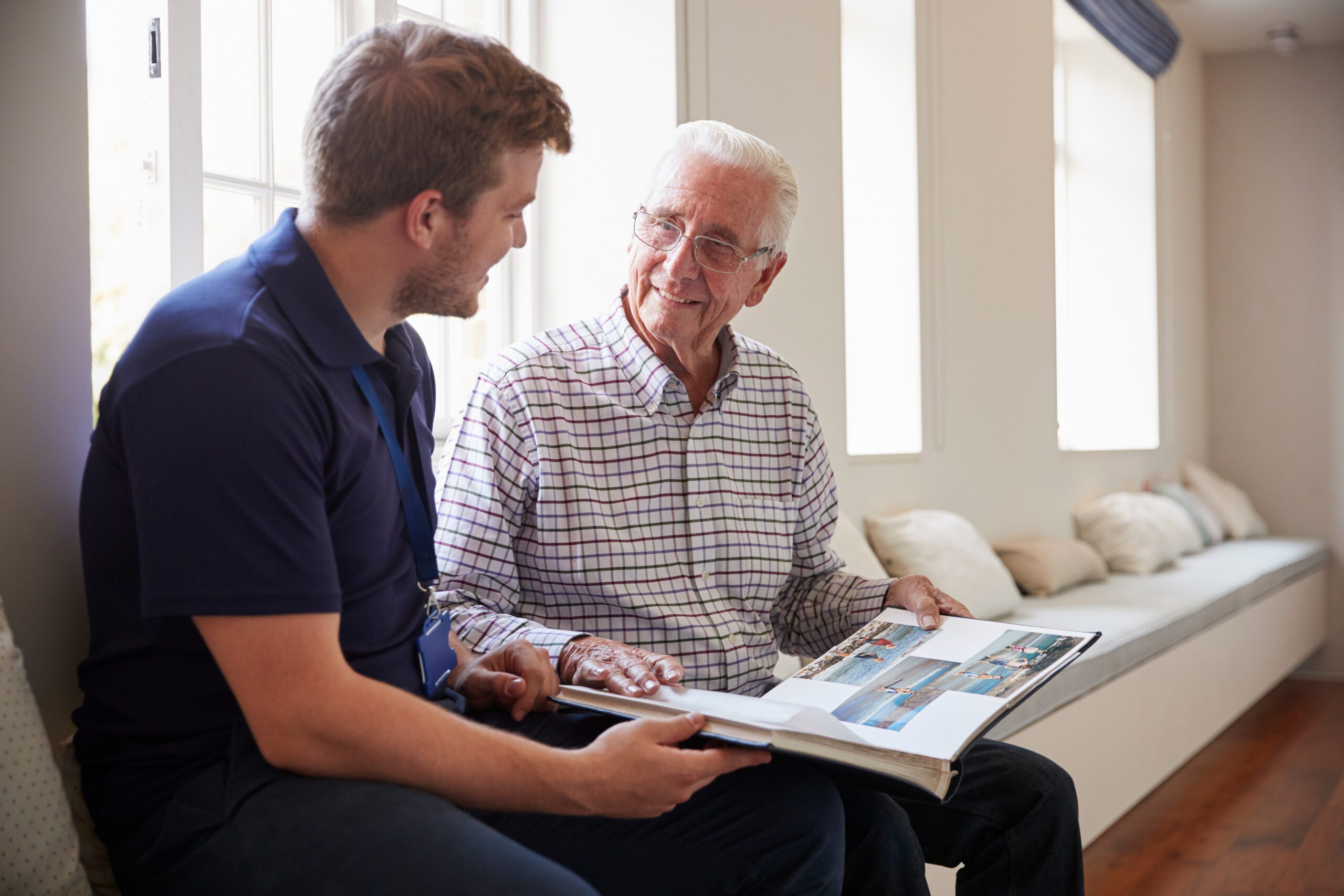BROOKSTONE TERRACE OF WOODRUFF
This unique assisted living community caters to a small number of individuals, creating an intimate setting that surrounds them with personal care and attention. Visit with old friends, make new ones, and continue doing the things you enjoy while feeling right at home.
Our helpful staff supports each resident and their family. Emotional, mental, and physical well-being are important at any age, and Brookstone Terrace of Woodruff provides ample opportunities to be active. Here, we encourage residents to continue lifelong hobbies and explore new activities. Services include Integrated Assisted Living and Memory Care.
TESTIMONIALS
BROOKSTONE TERRACE OF WOODRUFF IS SOMEPLACE SPECIAL.
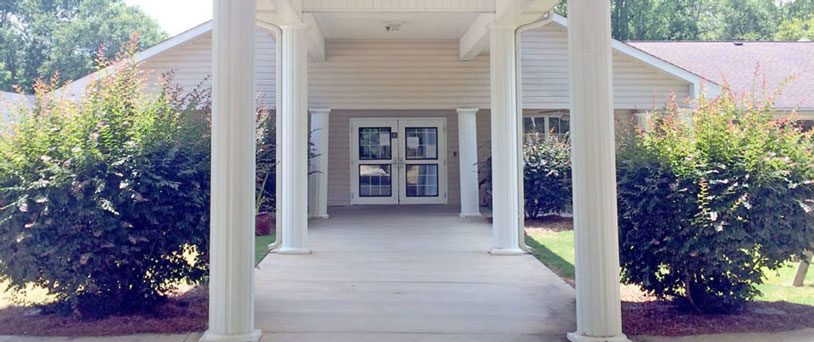
Integrated Assisted Living is a new type of community where independent assisted living residents can seamlessly coexist with those suffering from mild to late-stage dementia in a secured, home-like environment.
At Brookstone Terrace of Woodruff, we don’t feel, just because a resident is dealing with any form of cognitive impairment, that they should be separated, segregated, or deprived of a normal stimulating environment. This type of integration offers a much more vibrant and stimulating atmosphere for all of our residents.
We offer round-the-clock nursing, wellness programs, therapy services, and our dining programs cater to a variety of tastes and nutritional needs.
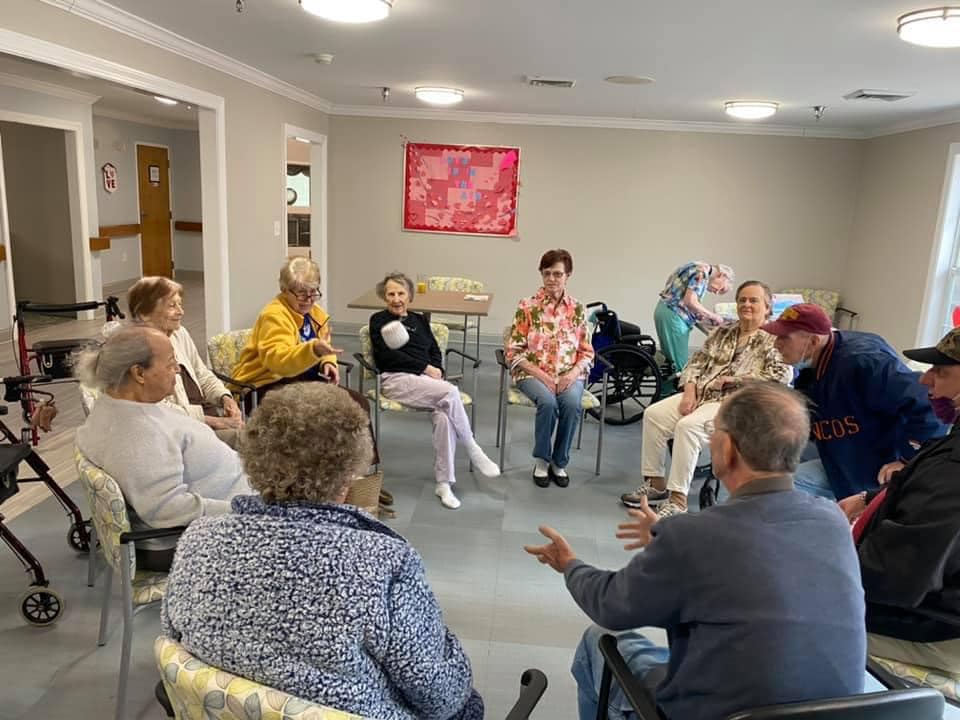
At Brookstone Terrace of Woodruff, our Road Home Program encourages residents to push their limits, and strive to regain their independence. This program is designed to help seniors regain the strength and ability to return home safely and independently.
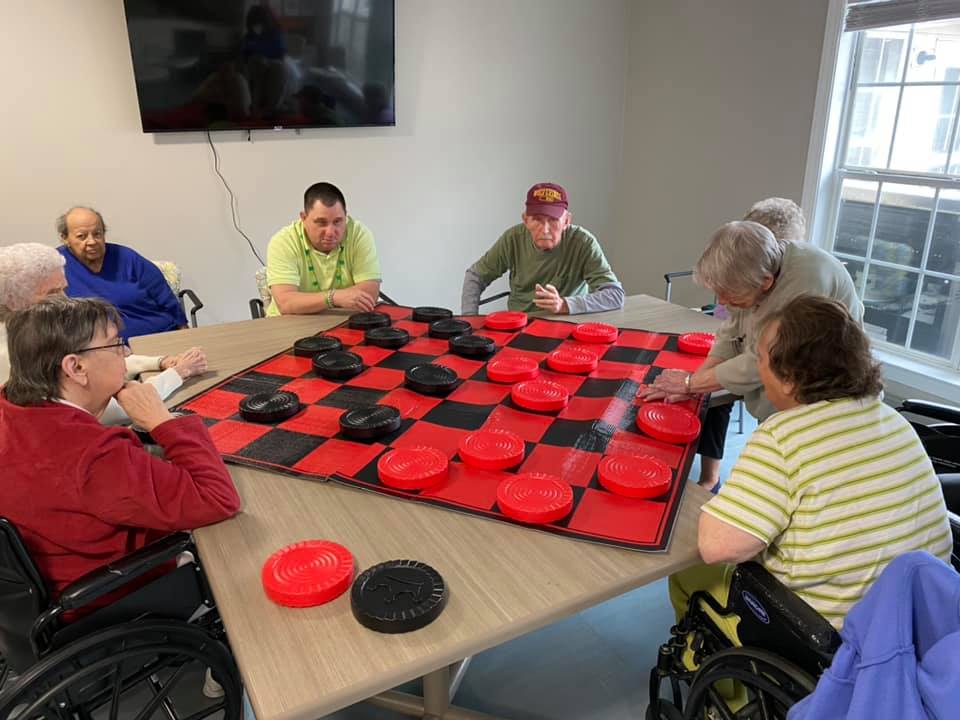
At Brookstone Terrace of Woodruff, we provide a wide array of services and amenities designed to enhance recreation, foster social interaction, and satisfy your dining desires.
Come be a part of our vibrant community!
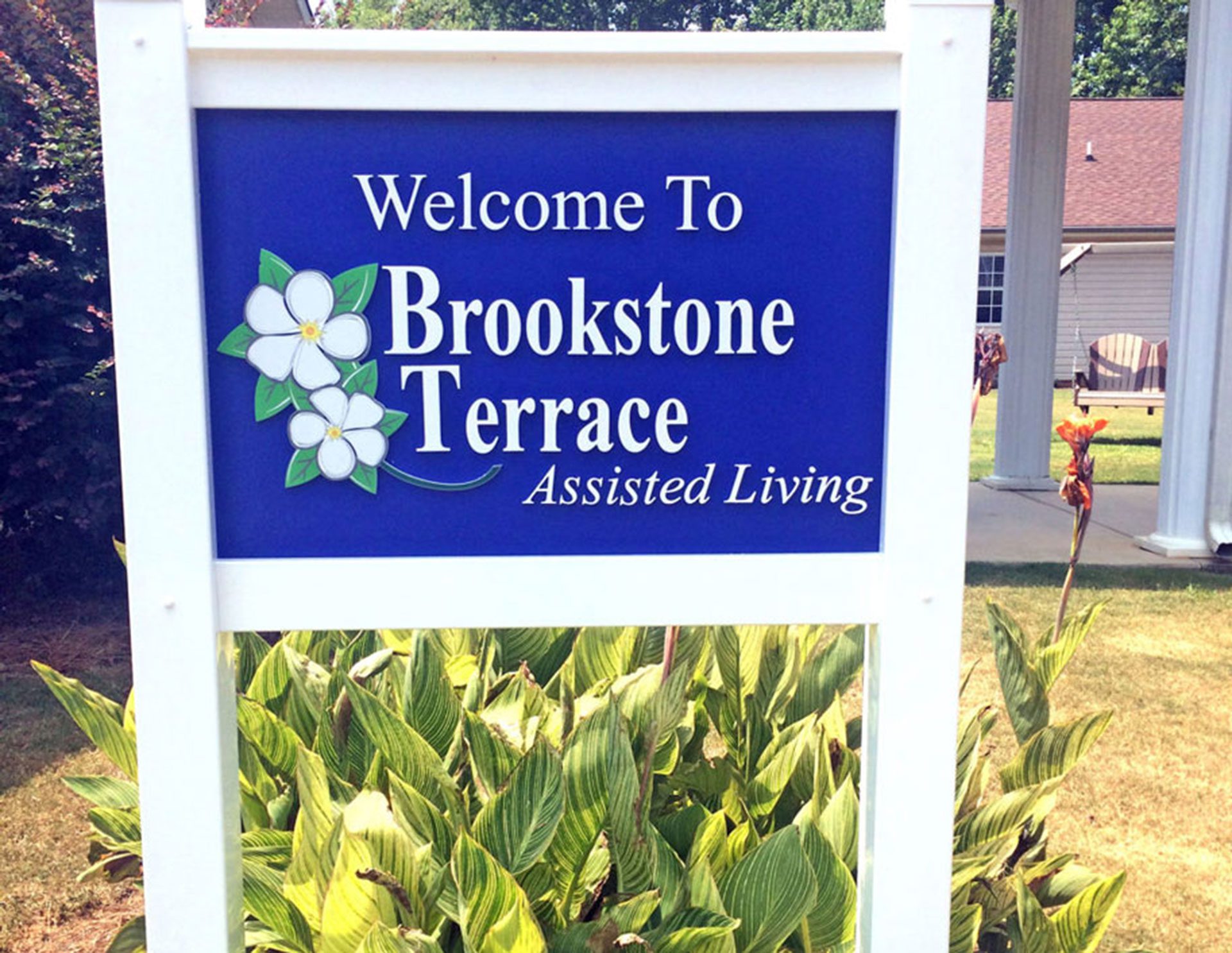
Nestled in the heart of South Carolina, Brookstone Terrace of Woodruff is a charming assisted living and memory care community dedicated to providing personalized, unsurpassed care to seniors in a safe environment that honors the dignity and individuality of each resident throughout each stage of the aging process.
Every detail is attended to so that our residents can relax and enjoy the safety, security and stress-free life of assisted living. The community has been designed from the ground up to allow our residents to live comfortable, full, and active lives. Whether it is the warm, comfortable environment, the enriching activities programs, or the highest quality of care available, there are so many reasons to choose to call Brookstone home.
SCHEDULE A TOUR
Schedule a Tour of a Brookstone Terrace Community



